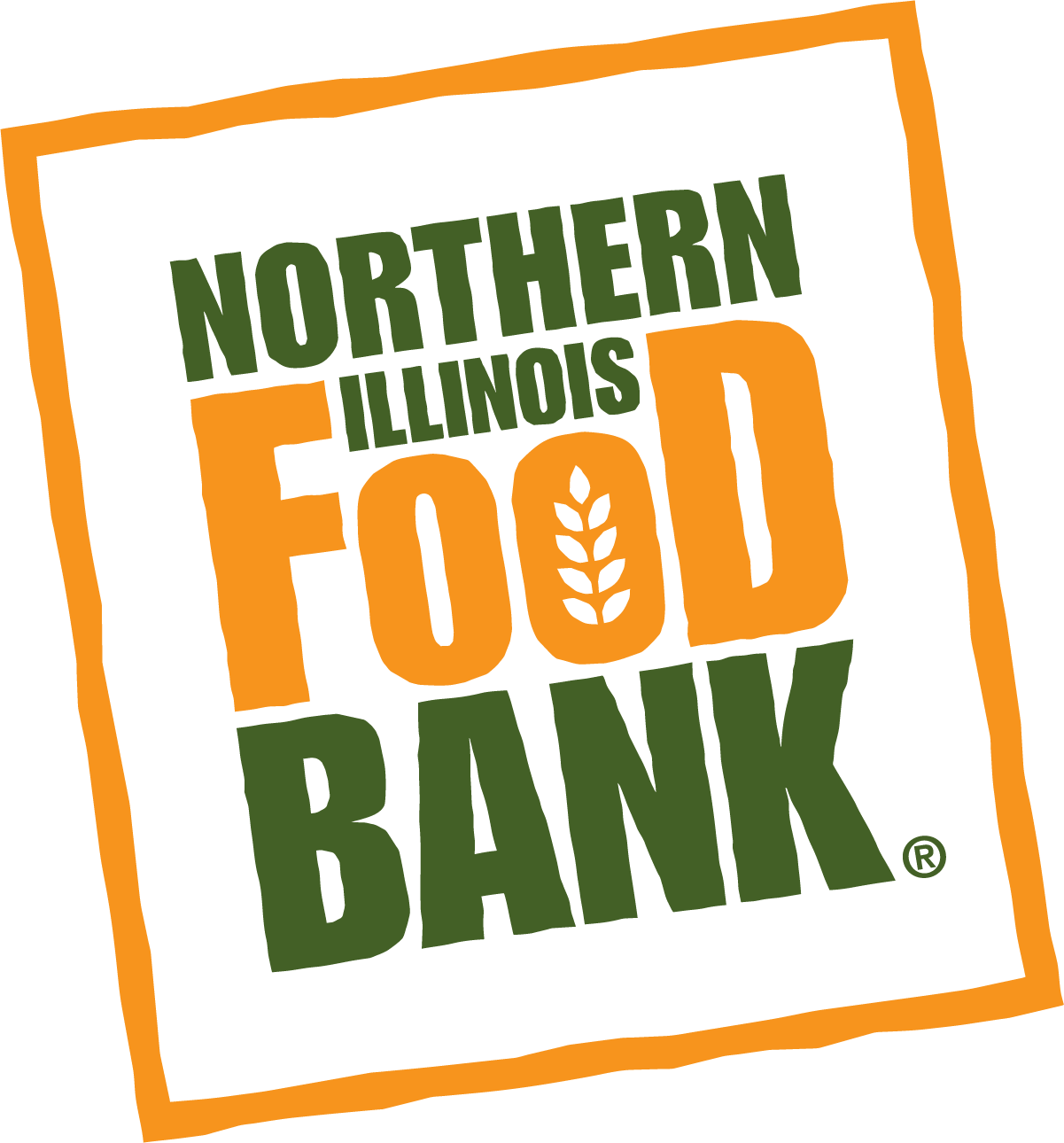Twenty-five-year-old Markius works at a music store while trying to make it as a musician. He and his brother live together while renovating a home for their mother.
After graduating from college in 2020, Markius lost his job and had to move back into the house he’s now fixing. As Markius described, 2020 “put everything on a sort of standstill, but that standstill didn’t mean I didn’t pay bills. That standstill meant I just don’t progress this year.”
If Markius didn’t have the help from the food bank, he would not be able to follow his dreams as a musician.
“Well, if the food bank wasn’t here, I definitely wouldn’t be a musician. My life would be a nonstop, like a nine-to-nine factory job.”
By getting help, Markius can pay for gas, taxes, and other living expenses. “There are a lot of people like me that have loads and loads of potential, loads and loads of creativity and drive, that are being held back by a situation. Thank you for giving me the options and freedom to actually progress in life.”
Markius added that without the food pantry, “I wouldn’t have the option or the time to better myself.”
Of course, rising costs have made life harder. “It’s not a choice whether or not you want to eat. So, it was surprising to me that so many people just spend all their money on food.”
For some folks, the stigma of going to a food bank prevents them from getting help. Markius explained that he didn’t grow up with that idea. He grew up in a very poor area where he saw neighbors helping each other out to get food. At church or at school, people often worked together to solve food challenges. For Markius, getting help with food expenses enables him to invest in his life, to have options and the freedom to progress in life. That’s an empowered neighbor.
